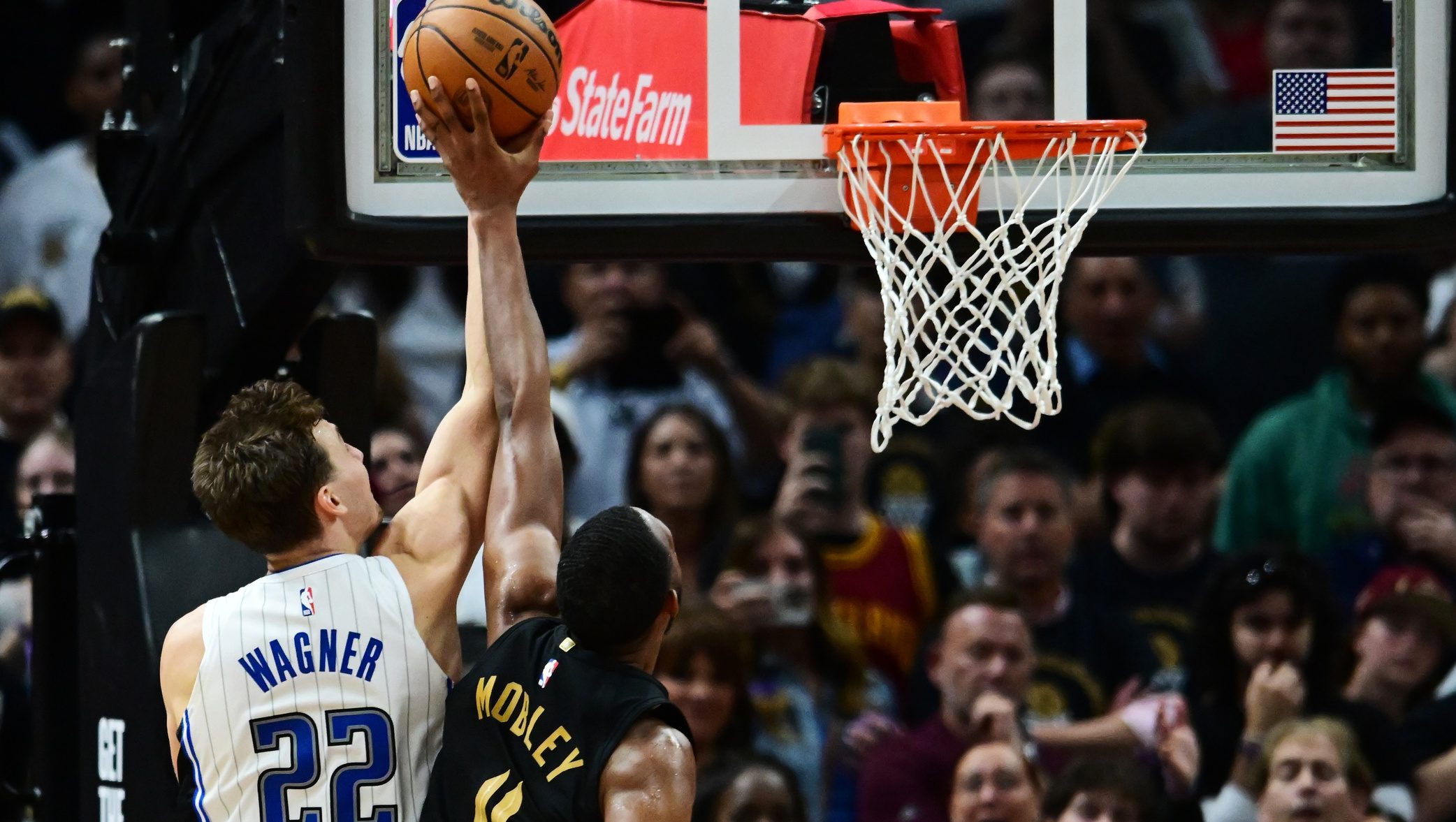Legendary broadcaster Bob Costas is remembered for many things. He’s called just about every major American sporting event. He hosted 12 Olympics for NBC. He’s had his own radio programs and talk shows. And even made several appearances in Hollywood films and TV shows.
His storied career was not without controversies. During halftime on Sunday Night Football on December 2, 2012, Costas offered up an essay on gun violence in the wake of Kansas City Chiefs linebacker Jovan Belcher’s murder-suicide. While paraphrasing then-Fox Sports columnist Jason Whitlock, Costas said that American gun culture was causing more domestic disputes to end in death.
Costas ended the segment by saying, “But here, wrote Jason Whitlock, is what I believe. If Jovan Belcher didn’t possess a gun, he and Kasandra Perkins would both be alive today.”
Costas’s comments were seen by many as a call for gun control and seized upon by conservative critics who felt it was inapporpriate for him to have used that pulpit for such remarks. Costas apologized at the time but only for trying to address such a polarizing and nuanced topic in just 90 seconds.
More recently, the broadcaster called it “one of the great regrets of my career. Not because of the blowback, but because I booted it. Not because I took on the subject, but because I took too much for granted.”
Costas looked back on the incident and criticism again during his recent appearance on the Awful Announcing Podcast.
“Is that the biggest say misconception about your career?” asked host Brandon Contes. “If you could correct one misconception about your career, would it be correcting the headlines surrounding that essay?
“Yeah, but it’s also a misplay on my part,” said Costas. “And it led not just to a misunderstanding about that particular issue, but because people want an easy—they don’t want a nuanced and textured view of a person. They want to be able to put the person in a cubby hole, give them a little label, and then it’s easier for them to make whatever argument they wanna make, or to plug that person in for whatever narrative fits.”
Costas notes that whatever his critics might have presumed about his political leanings or beliefs based on the essay, they were likely mistaken.
“Believe it or not, I think the best comp for me would be someone like Bill Maher, who, full disclosure, he’s a friend of mine. I’m a classic liberal like Bill. Center-left person.” said Costas. “I do not embrace the excesses of progressivism. Of wokeism. Some of the insanity that’s infected academia. Some of these policies that make no sense. Country’s gotta have a border. And no matter how interested you are in social justice, the most important function of government is to secure the safety and security of the citizenry. So you can’t have crime running all rampant all over the place. I don’t endorse any of that. And there are many, what now would be Republican if the Republican Party even existed anymore. It’s the Trump Party and that’s the problem. But classic conservative and Republican positions, and as I said earlier, many conservative writers and thinkers who I respect and I agree with, so that characterization that came out of the gun thing is just wrong.”
In terms of the gun essay itself, Costas says that the way he went about it was a “misplay” and knows exactly what he would do differently if given the chance.
“That was a misplay on my part,” said Costas. “Javon Belcher kills his fiance, then kills himself at the Chiefs practice facility. And that’s on a Saturday. Every sports outlet in the country had addressed that at length, including our pregame and halftime shows. And with about four minutes to go in the second quarter of the game…they tell me ‘You got about 90 seconds, want you to do something about this.’ And a producer hands me a printout of what Jason Whitlock, and here’s an irony because Jason Whitlock is a pretty right-wing guy… But Jason Whitlock had credibility. He played football. He had covered sports in Kansas City, Kansas City-based. And so they handed me something that Jason had written and I looked at it and, to me, it resonated. To me, it was clear he was talking about a gun culture.
“So in the days surrounding that, there was a front page of the USA Today about athletes and guns with an icon of a gun helping to spell out the word gun. The New York Times and Sports Illustrated had done stories about it. And even to this day, if you Google “athletes and guns,” you’re gonna find a litany of tragedy, folly, criminality, stupidity. And if you in order to be fair, tried to find all the instances where an athlete with a gun turned a bad situation around for the better, certainly theoretically it exists. It’s happened a few times. But it’s outweighed by all the stuff on the other side. That’s just a fact. That doesn’t mean that people should be disarmed. It means that there was and remains, to a certain extent, a gun culture in the country, which has nothing to do with any sensible interpretation of the Second Amendment, and which infects sports to whatever extent it does.
“My thought was reading what Jason had written, it’s obvious that that’s the point he’s making. That was my bad, because it wasn’t obvious. And you could say, well, the producer handed it to you. Yeah, but I’m the goalie, I’m the last line of defense. I’ve got to make a decision even if it’s in a short period of time and that decision was wrong.
“What I should have said at that time, and I didn’t need a script, I’m a pretty good ad-libber. I should have said coming off of Dan Patrick in the commercial, ‘By now, you’re all aware of what happened this weekend in Kansas City. Whenever a harsh reality intrudes upon our games, you’ll hear a lot of worn-out cliches, thoughts and prayers, and this really puts everything in perspective, but that perspective seems to last about five minutes until we become obsessed with whatever is next on the sports docket. If we’re really looking for some perspective here, then this should begin a serious and ongoing conversation about a number of issues, including domestic violence. And are those who play a brutal and aggressive sport more inclined toward it than their athletic peers? What about the effects of football itself? Especially if brain trauma is mixed with painkillers, alcohol, performance-enhancing drugs. We know that the prefrontal cortex is not fully developed roughly until age 25. A lot of young football players have been playing football for many years prior to that and it’s the prefrontal cortex that plays a role in emotions and impulse control. And as part of this, we might examine the whole relationship between athletes and guns, not talking here about the responsible, lawful exercise of anyone’s legitimate Second Amendment rights. But we are talking about a gun culture which makes young people trigger-happy. At least some people trigger-happy. It comes from a variety of directions, including the culture. Look at all the movies that have people blowing people away. Or listen to some of the lyrics that glorify a gangsta existence, glorify the use of guns. All those things are insidious influences.
“‘For the record, when I hear about a young mother, single mother, someone’s breaking into her house, she blows the guy away. Not only do I have no problem with that, I applaud it. Anyone who’s responsible, who has a licensed firearm, who’s taken the proper training, or is using it to protect his or her home or family or for sporting purposes, I’m 100% good with that. But I’m not good with the idea that an 18-year-old kid can go and buy an assault weapon and then the next day after his birthday blow a bunch of his schoolmates away. I’m not good with that because no sane society needs that and it’s not needed for your protection.'”
“So was the biggest detriment to that gun culture essay the fact that you were given a minutes warning, given 90 seconds to speak on the topic, or being handed the Jason Whitlock article?” asked Contes.
“It was all those things, but the fault is mine. The fault is mine,” said Costas. “My intention was different than the reaction but that was a sloppy job on my part. And normally I think I’m a more precise thinker and certainly a more precise broadcaster than that. And I said this many times, I did myself a disservice. I did the issue a dissservice. Because that was an opportunity to talk about the most important issue there, the most important issue there was domestic violence, which everyone could agree about that. It’s a problem and this was an example of it.
“So not only did I misrepresent inadvertently my own feeling on an issue, but I missed an opportunity to shine a light in front of a very large audience on another issue which was more pertinent in this case, which was domestic violence. So regardless of the peripheral factors, it’s on me.
“But having said that I clarified all this just as I have with you in the ensuing days and every time I’ve been asked about it since, but when people have a straw man, they don’t want to give the straw man up. So I became a straw man in this instance. It wasn’t enough for them. Okay. ‘He admitted that, you know, it was a screw-up,’ a rare screw-up, I think, for me. But at that time, but you know, ‘He acknowledged it, he made clear where he stands. To the extent we agree or disagree with his actual stance, let’s talk about that.’
But if people are just intent on casting you in a way that makes it easy for them to fit you into their preconceived narrative, what the hell are you gonna do?
The full episode of The Awful Announcing Podcast with Bob Costas is out now. Subscribe to the show on Apple Podcasts, Spotify, and wherever you get your podcasts. For more content, subscribe to AA’s YouTube page.




